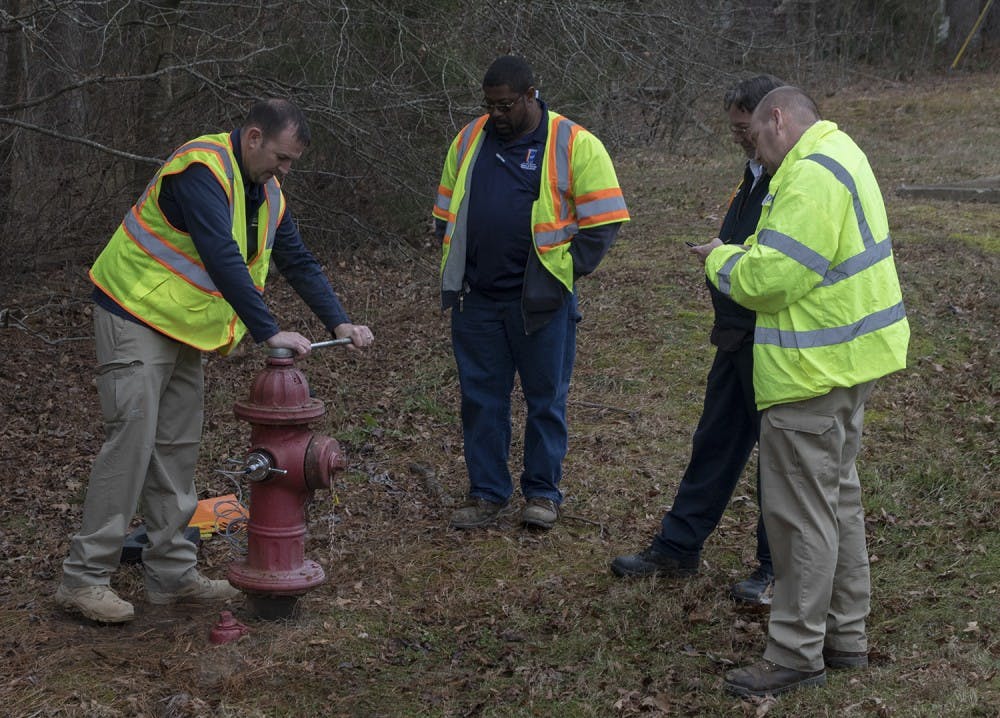You may have noticed a strong chlorine smell or odor in your drinking water over the past few days.
The Orange Water and Sewer Authority is removing ammonia from drinking water during the month of March. Here is what that means for your water supply:
Why N.C. removes ammonia from its drinking water annually
During March OWASA uses chlorine to disinfect drinking water instead of a combination of chlorine and ammonia, called chloramines. North Carolina requires water systems that use chloramines to only use chlorine for one month every year to ensure a high level of disinfection in water systems.
Blake Hodge, a spokesperson for OWASA, said ammonia will be added again starting April 1.
Hodge said chlorine and ammonia are both used as disinfectants. OWASA switched from chlorine to chloramines in 2002 to offset the taste of chlorine.
Hodge said when ammonia is removed, the taste or odor of chlorine can seem more pronounced. Hodge said despite the stronger taste of chlorine, the quality of drinking water during March is still the same as it is during the rest of the year.
“The annual removal of ammonia is not having a negative impact on the quality of drinking water at all,” Hodge said. “We are doing it to make sure it's up to state drinking water standards.”
Catherine Wright, public information officer for the Town of Hillsborough, said no extra chlorine is used for the annual disinfection, and the Town of Hillsborough and OWASA follow the same disinfection process.



